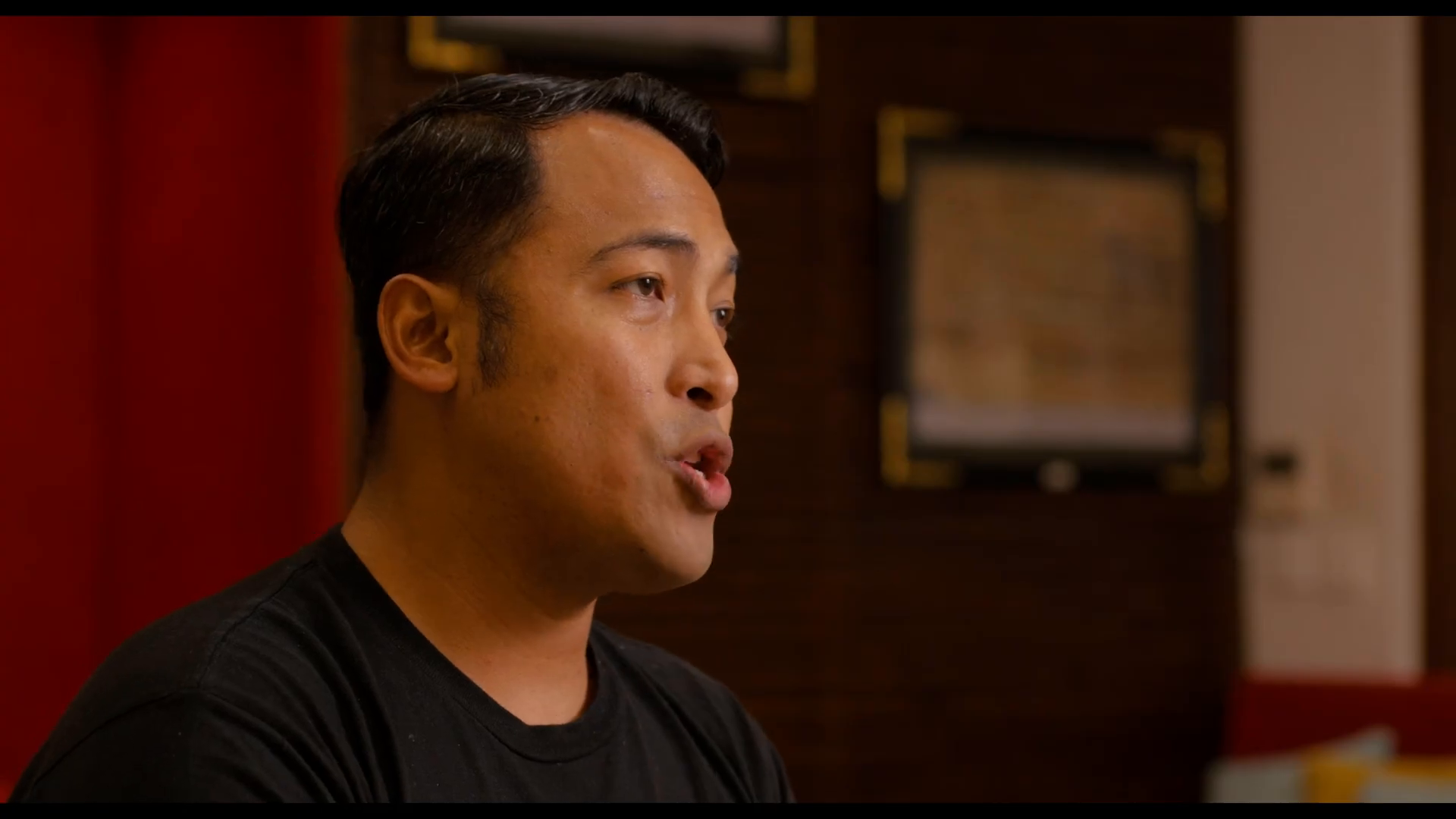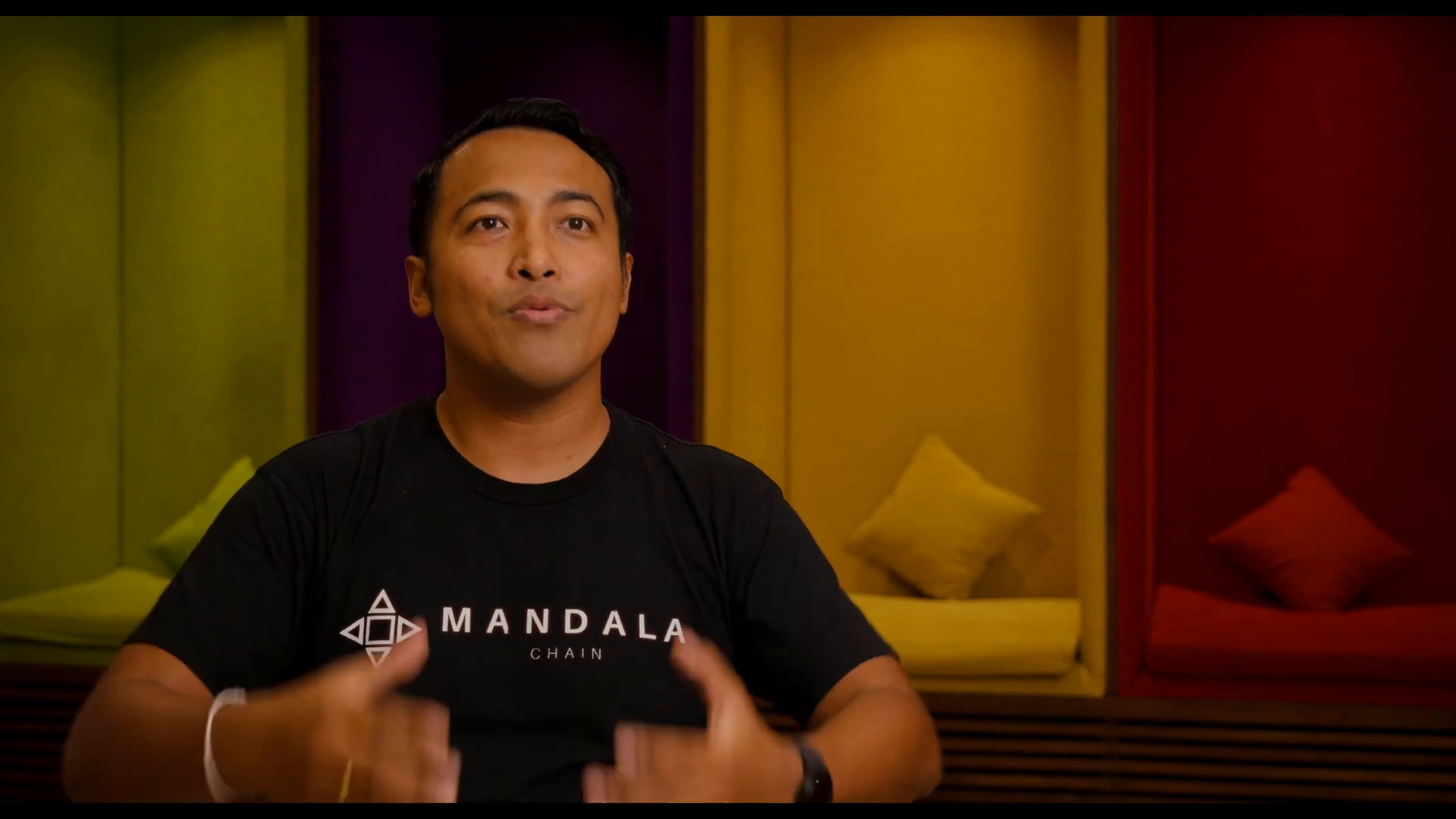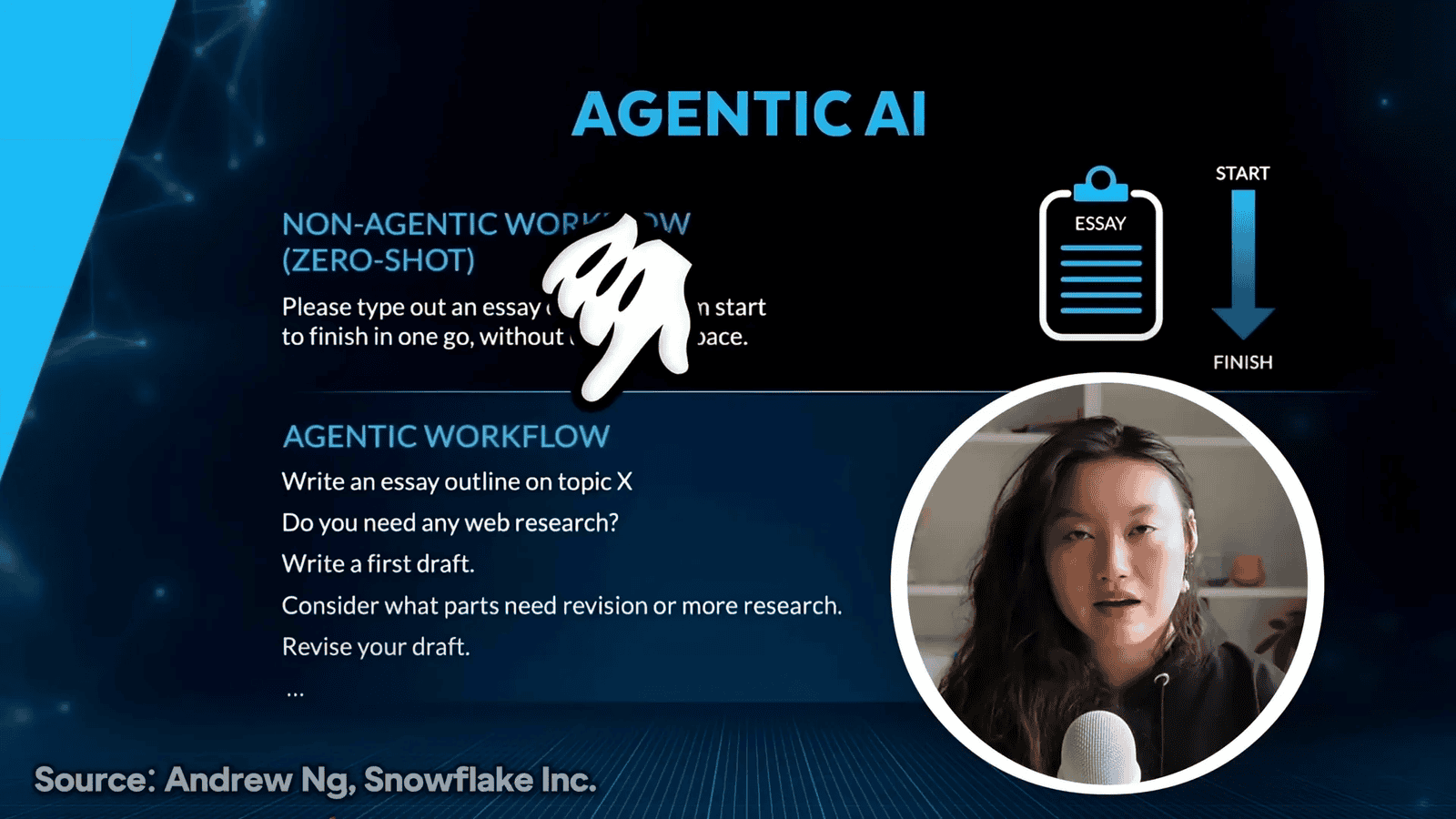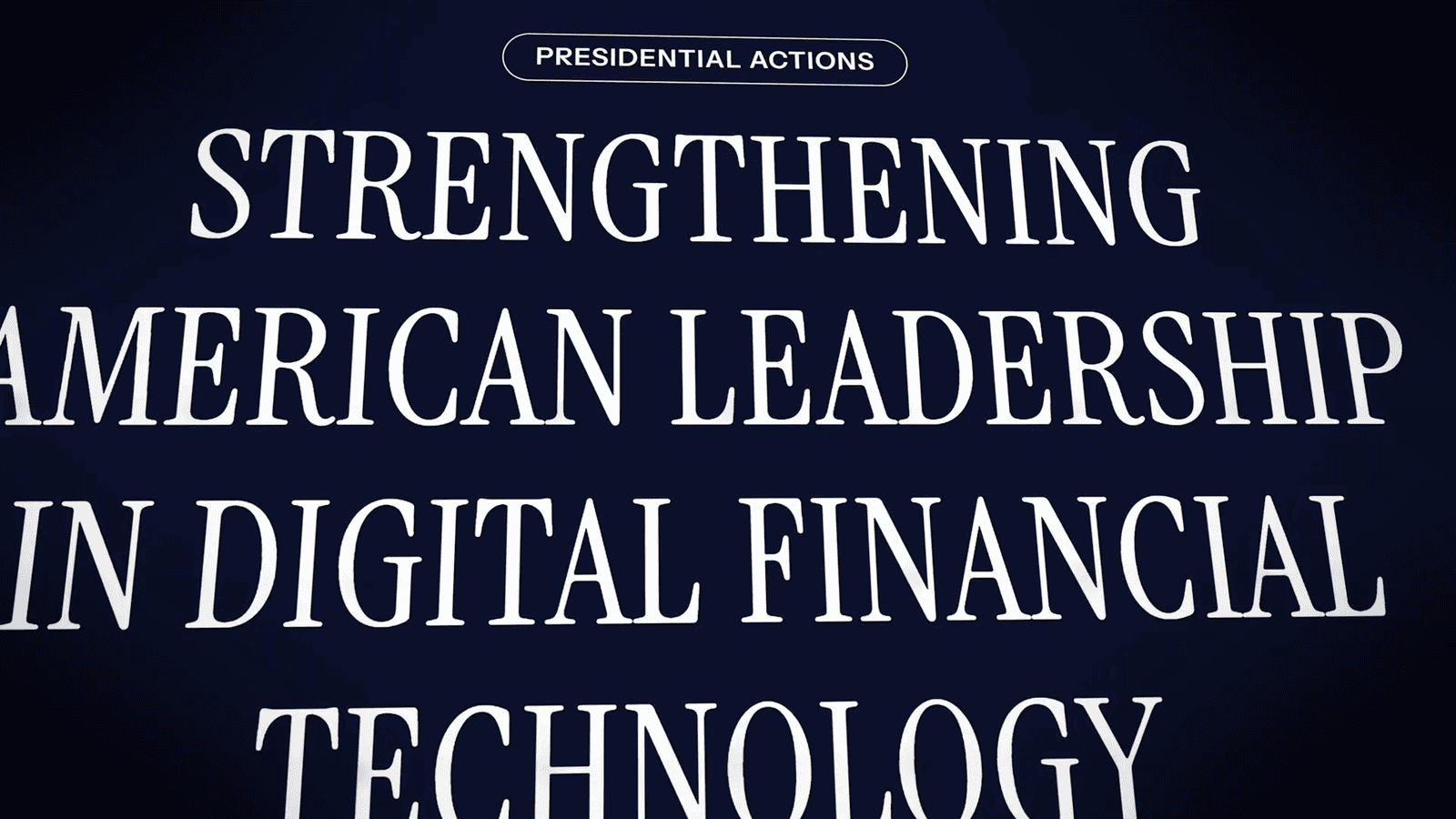Introduction to Blockchain in Smart Cities
I Gede Putu Rahman Desyanta (ANTA), CEO of Baliola & Founder of Mandala Chain begins by sharing his background as a developer, highlighting their significant involvement in smart city initiatives across various cities in Indonesia.
Anta, and I Putu Yuliartha saw the potential of blockchain technology to solve real-world challenges. Together they started as an initiative to support Balinese artists during the global crisis of 2020, and this has evolved into a cutting-edge blockchain company called Baliola dedicated to building and implementing blockchain solutions that empower organizations to thrive in the digital age.
As Anta has stated “Blockchain is a mechanism of data protection and creating data integrity”, and this experience has led to collaboration with government entities to implement smart city solutions. Anta has encountered challenges in data management and control, particularly when developing systems like smart permit management and identity systems. Anta identifies blockchain technology as a potential solution to address these challenges, suggesting its ability to enhance data security, transparency, and decentralization.

Historical Context of Decentralization in Bali
Bali has a rich history of decentralization that predates modern blockchain technology, making it a unique case study in the adaptation of decentralized systems. Traditionally, Bali operated under a decentralized system with numerous small kingdoms, each led by a local king. Instead of a singular, dominant ruler, these kings collaborated and made decisions through forums and discussions. This system resembles the consensus mechanisms used in blockchain technology today.
When Bali transitioned from a kingdom-based system to a republic, the decentralized structure persisted through the establishment of “Banjar” communities. These are self-governing village systems where each village can consist of multiple Banjars. Decision-making within these communities is highly participatory and democratic, involving discussions where every member has an opportunity to voice their opinions.
In this traditional setup, community ownership was paramount, with land often being owned collectively rather than individually. For instance, any decision involving land division among family members required community involvement and consensus. This process was akin to maintaining a communal ledger where every member recorded agreements and transactions.
Such historical practices illustrate that the concept of decentralization is deeply rooted in Balinese culture. The introduction of blockchain technology in Bali is not entirely foreign; rather, it complements longstanding local traditions by providing modern technological solutions to enhance these age-old practices.

Challenges in Data Management and Decentralization
In the context of Indonesia’s vast and diverse archipelago, data management and decentralization present significant challenges. With thousands of islands, each possessing its own unique cultural and linguistic diversity, the complexity of governance and data management is immense. The Indonesian government has created autonomous governance structures to empower cities and regencies to make localized decisions. However, this decentralization has led to the development of data silos.
Issues with Data Silos and Lack of Unified Databases
Due to the autonomous systems, each city or agency has developed its own systems, leading to fragmented data management. This situation creates data silos where each department maintains its own database without integration with others. The lack of a unified database framework means that similar data across departments can vary significantly, leading to inconsistencies. For instance, discrepancies in population data for children in a city illustrate how different departments report varying figures.
Problems with Data Integrity and Breaches
Handling a population of 280 million people across diverse regions is a formidable task that Indonesia struggles with due to inconsistent data inputs. The reliance on decentralized systems using centralized ecosystems results in a lack of trust in government-managed data. This disconnect not only affects the integrity but also raises potential security concerns regarding the protection of sensitive information.
Potential of Blockchain to Address These Challenges
Blockchain technology offers a promising solution by providing a decentralized yet unified approach to data management. It has the potential to eliminate silos by ensuring that all departments can access and verify shared information securely. This technology can enhance trust in government databases by ensuring transparency and consistency across various agencies.
Mandala Chain and ID Chain Initiatives
The Mandala Chain and ID Chain initiatives address critical data management challenges in Indonesia, particularly focusing on reducing data breaches through decentralized blockchain technology. Established in collaboration with Republic Labs, these initiatives aim to create an integrated ecosystem where government, enterprise, and the public can interact seamlessly.
Development of Mandala Chain and ID Chain
The development of the Mandala Chain began in 2020, with a vision to provide a platform where various entities can create and manage their own blockchain networks. This includes the ability to establish unique consensus mechanisms and governance structures while still maintaining connectivity within a larger permissionless blockchain environment. This approach allows for flexibility and control over data while ensuring interoperability across different systems.
Use Cases for Digital Identity and Medical Records
Blockchain technology is being leveraged for various applications beyond traditional cryptocurrency use. In this context, the initiatives emphasize the separation of blockchain from crypto, positioning blockchain as a robust data management tool. Use cases include digital identity management, land registry systems, supply chain transparency, certification trust enhancement, and protection of sensitive government data. These applications provide secure and efficient means to handle identity verification and medical records while ensuring data integrity.
Integration with Existing Systems and Benefits
The Mandala Chain allows for seamless integration with existing systems by acting as a decentralized database structure. This integration is facilitated through educational efforts such as blockchain boot camps held in collaboration with national planning entities. These educational programs aim to shift perceptions by illustrating blockchain’s functionality beyond cryptocurrency. By leveraging technologies like Polkadot’s substrate framework, these initiatives enable tailored blockchain solutions that align with specific needs such as digital identity verification or secure medical record storage.
Blockchain Education and Government Collaboration

Let’s explore the efforts to educate governmental entities about blockchain technology and the significance of separating blockchain from cryptocurrency. Here are key areas of focus and collaboration:
- Local and International Partnerships: The collaboration with Denpasar City exemplifies how partnerships can open doors to governmental departments at local, provincial, and national levels. Looking to see how blockchain can support examples of government data, medical records, national identity, land registry, and support certification. The initiative extends to international partnerships, such as with the government of Western Australia, emphasizing blockchain’s role in data protection.
- Blockchain for Data Protection: The use of blockchain technology as a campaign for data protection is a central theme. This approach not only highlights the technology’s potential but also demonstrates its applicability beyond cryptocurrency.
- Government Support: The Indonesian government is actively supporting initiatives to promote blockchain globally, aligning with the country’s vision for technological advancement.
- Youth Engagement and Digital Savvy: With a large, young population in Indonesia that is digitally savvy, there is a significant opportunity to foster a generation that not only consumes technology but also produces it.
- Vision for 2045: Blockchain is being integrated as core infrastructure in Indonesia’s vision for “Golden Indonesia 2045,” positioning the country as a key contributor to global technological development.
Through these collaborations and educational efforts, Indonesia aims to leverage its youthful demographic and technological potential to make substantial contributions to global civilization.
Future Prospects and Opportunities for Blockchain in Indonesia
The future of blockchain in Indonesia is promising, with numerous opportunities for growth and innovation. The launch of the ID chain protocol is a significant step, allowing for verifiable credentials to be stored on the blockchain, removing the need for physical ID cards and streamlining identity verification processes. This approach integrates Indonesia’s top-level domain “.id” with blockchain technology, offering a novel identity creation solution.
The Mandala Chain and ID Chain initiatives are already seeing practical applications, such as in medical records management. This system allows individuals to control access to their medical records, enhancing privacy and security while facilitating seamless sharing with healthcare providers. This model is also being explored for use in the insurance sector to address issues like double claiming and fraud.
Microfinancing and cooperative governance are other areas where blockchain can provide solutions by addressing governance and fraud issues. Discussions are underway with significant players in the cooperative banking sector to implement blockchain solutions.
Real estate tokenization is another potential use case being explored, alongside initiatives to tokenize precious metals like gold. Additionally, discussions are ongoing about leveraging blockchain for energy transition projects and supply chain management.
Despite these advancements, challenges remain in educating stakeholders on how to implement these technologies effectively. The emphasis is on creating seamless transitions by integrating existing web applications with blockchain layers, ensuring data protection and integrity while enhancing user experience without noticeable changes on the front end.
Mandala Chain Academy and Local Talent Development
The Mandala Chain Academy is set to play a pivotal role in developing local talent in blockchain technology. Scheduled to launch in September, the academy aims to cultivate a new generation of blockchain developers, particularly focusing on those skilled in substrate-based blockchain development. This initiative is crucial as Indonesia seeks to integrate blockchain technology across various government sectors, signaling a demand for a substantial number of skilled developers.
The academy’s training programs are designed not as a replacement for university education but as an enhancement. Graduates from universities can join the academy’s courses to gain specialized skills that are directly applicable to the industry. This approach ensures that students are well-prepared for the practical demands of blockchain development.
Collaboration is central to Mandala Chain Academy’s strategy. By partnering with universities and industry leaders, the academy creates a robust ecosystem where students can transition smoothly from education to employment. This partnership not only enhances the learning experience but also aligns with industry needs, ensuring that graduates possess relevant skills and knowledge.
Mandala Chain Academy represents a significant step forward in Indonesia’s journey towards embracing blockchain technology on a national scale, fostering an environment where local talents are equipped to drive innovation and meet future challenges.

Cultural Significance and Historical Insights
The concept of the mandala holds deep cultural and historical significance in Bali, rooted in Sanskrit origins. In Balinese tradition, a mandala represents a sacred space, often structured within temple architecture. These temples are divided into three main sections: the utama mandala (the core holy space), the madhya mandala (the interaction space), and the sudra mandala (the common area). Each section serves a distinct purpose, reflecting spiritual and communal activities. This structure mirrors the layered approach seen in blockchain technology, where different layers serve different functions, akin to the utama mandala being the core network.
The historical insights extend to the Majapahit Kingdom, once a dominant maritime empire in Southeast Asia. Its influence was significant enough to resist external conquests and maintain strong diplomatic ties with powers like China. The fall of Majapahit is attributed to internal conflicts rather than external pressures, underscoring its strength and unity.
Majapahit’s currency, known as kapeng, plays an enduring role in cultural rituals even today. The coin is emblematic of prosperity and purity, with its continued use in ceremonies symbolizing cultural sovereignty. Historically backed by rice or precious materials like gold, kapeng represents a tangible connection between economic value and cultural practices.











